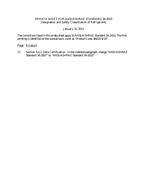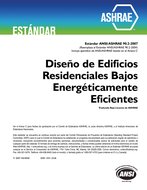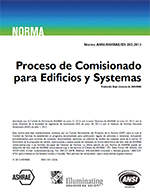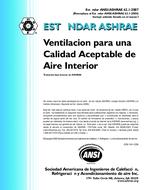Description
Air-cooled heat rejection systems (air-cooled condensers, chillers and dry coolers) rely on dry bulb temperature which is generally between5C (41F) and 15C (59F) higher than the wet bulb temperatures. Traditionally, large heat rejection systems use cooling towers orevaporative coolers in order to reduce the heat rejection equipment size, as well as the overall energy consumption due to lower condensingtemperatures. However, the water-based corrosion, maintenance and health risks such as Legionella disease have moved the industrytowards less efficient dry heat rejection systems.
Through the simple addition of intermittently sprayed water over a wired mesh area in front of the heat rejection surface against thedirection of the air stream, it is possible to introduce wet bulb temperatures during only peak high ambient periods. An adiabaticcooling process can be introduced through using simple city main water into an air stream which rapidly evaporates and the hiddenenergy within the water can provide a cooler downstream air temperature as much as 10~25C (2~30F) lower than the ambientincoming air. Lower air on temperature results in lower condensing temperature and therefore makes it possible to save as much as30% peak power consumption by simply using water directly from the tap.
Product Details
- Published:
- 2022
- Number of Pages:
- 9
- Units of Measure:
- Dual
- File Size:
- 1 file , 4.8 MB
- Product Code(s):
- D-ICEB22-27
- Note:
- This product is unavailable in Russia, Belarus




